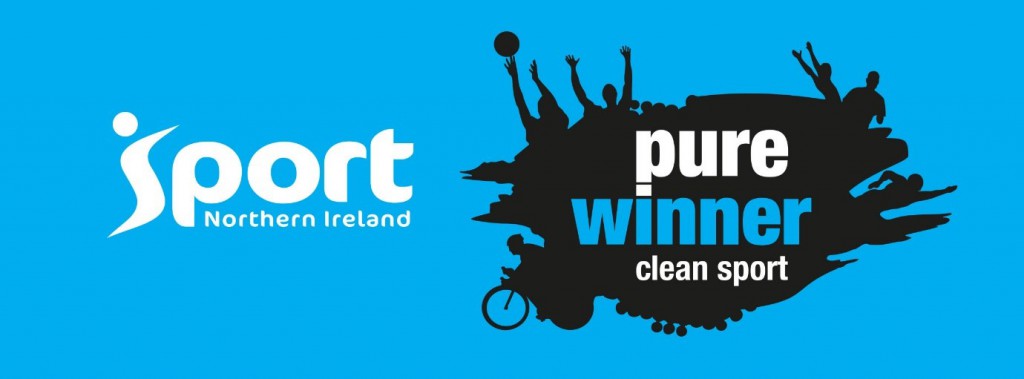
Our aim at Pure Winner is to provide information, education and support for athletes and athlete support personnel, so
Athletes are solely responsible for any prohibited substance found in their system despite whether there was an intention to cheat or not. Athletes can be tested in and out of competition at any time, so it is important to know your anti-doping rights and responsibilities. Be informed as the consequence of breaking Anti-doping Rules can be anything from 2 year to 4 year sanction or lifetime ban.
Here’s a summary of the key things you need to know:
Strict Liability; Prohibited list; Checking Medication; Social Drugs; Drug Testing; Anti-doping Rule Violations; Report Doping in Sport and WADA Code;
“The athlete is responsible and strictly liable whenever a prohibited substance is found in their bodily specimen.” – This is the ‘Strict Liability’ Clause in the WADA Code.
The principle of strict liability is applied in situations where urine/blood/dried blood spot samples collected from an athlete have produced adverse analytical results. It means that each athlete is strictly liable for the substances found in his or her sample, and that an anti-doping rule violation occurs whenever a prohibited substance (or its metabolites or markers) is found, whether or not the athlete intentionally or unintentionally used a prohibited substance or was negligent or otherwise at fault
World Anti-Doping Agency (WADA)
The World Anti-Doping Agency (WADA) publishes the List of Prohibited Substances and Methods annually and it comes into effect on 1st January every year. Here are the key things you need to know about the WADA Prohibited List.
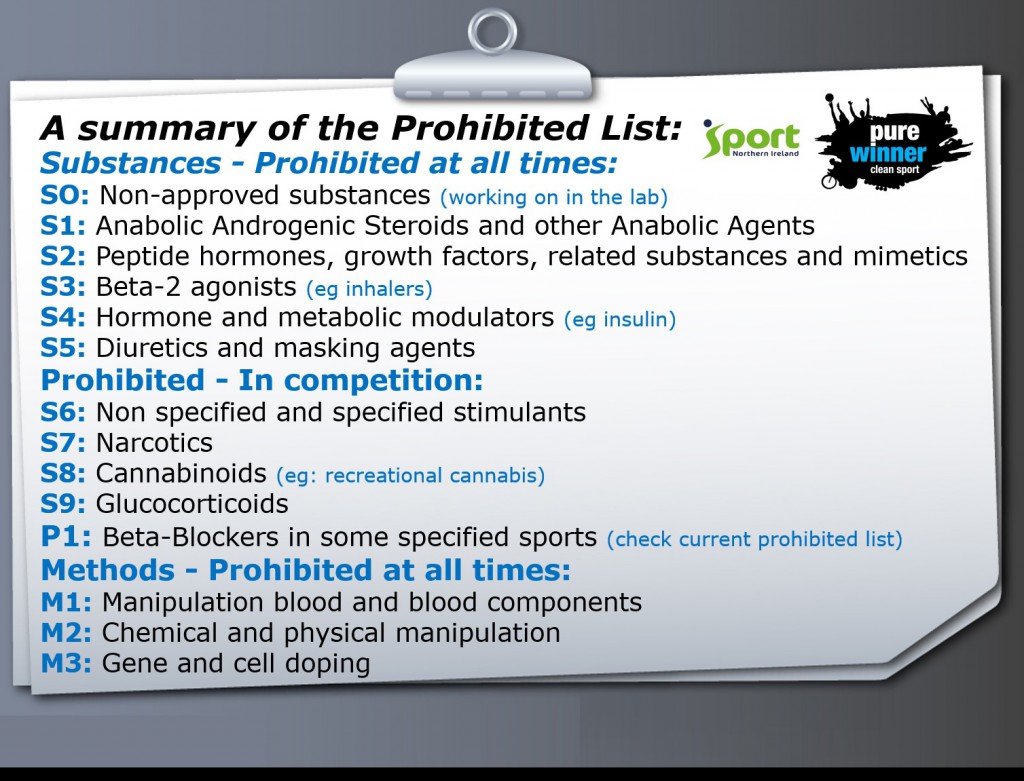
The Prohibited List is updated annuallyfollowing an extensive consultation process. Additional substances or methods may be added to the List at any time during the year but this will only occur after a three month notice period.
Other technical changes are detailed throughout the List and athletes and support personnel are encouraged to makes themselves familiar with these. The complete Prohibited List, along with questions, answers and information on WADA’s monitoring programme can be found on WADA’s website: www.wada-ama.org
The Prohibited List is complicated due to changes that may come into place anytime during the year. The best way to approach this is by checking the prohibited status of your medication on the following websites and keep a record of your search.
If there is no alternative medication you can check with your National Anti-Doping Organisation if you need a ‘Therapeutic Use Exemption’ certificate in place before taking your meds.
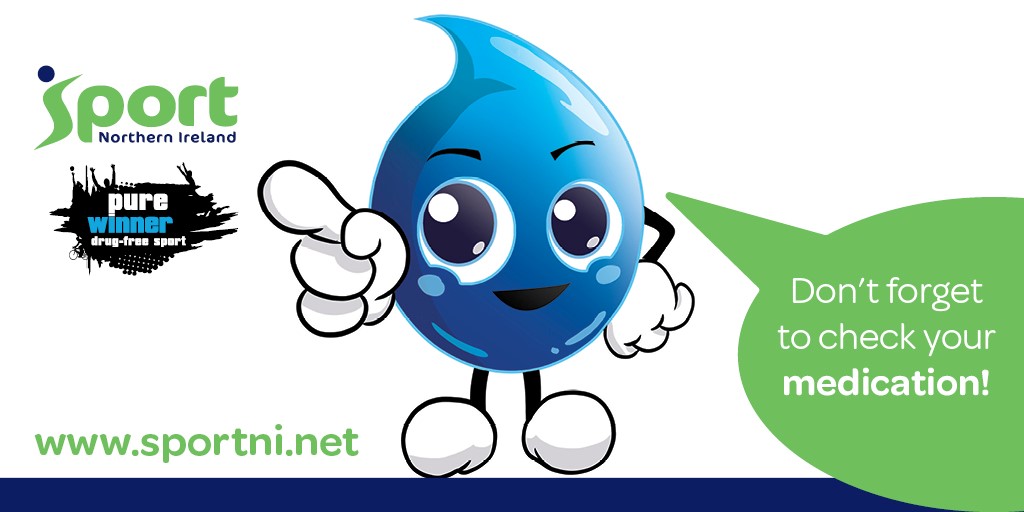
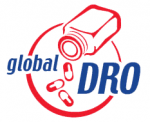 Medication purchased in Northern Ireland: www.globaldro.co.uk
Medication purchased in Northern Ireland: www.globaldro.co.uk
 Medication purchased in Republic of Ireland: https://medcheck.sportireland.ie
Medication purchased in Republic of Ireland: https://medcheck.sportireland.ie
Tramadol, a strong painkiller is prohibited in-competition across all sports. Any athlete tested in-competition may face the prospect of a ban from sport if tramadol is found in their sample. Athletes who may be using tramadol are reminded to speak to their doctor and explore the options for an alternative pain medication that is not prohibited.
Pseudoephedrine is found in many over-the-counter medicines available in pharmacies, including multi-ingredient products used as cough and cold remedies, hayfever and decongestant treatments and is still prohibited in-competition if over the urinary concentration threshold.
Methylhexaneamine also remains on the Prohibited List as a specified substance. This stimulant is known by other chemical names such as DMAA, Forthan, Floradrene, ‘geranium oil’ or ‘geranium root extract’ and is often marketed as a nutritional supplement.
Note: (Recreational drugs including cannabis (THC), heroin, ecstasy (MDMA) and cocaine are prohibited and tested for in-competition)
Be really careful! Supplements may contain an ingredient that’s prohibited in sport. Recently changes have related to supplements, or ingredients that may find their way into them during the production process.
Always be vigilant and take a food-first approach to nutrition.
Athletes should be aware that prohibited substances can be found in certain dietary supplements, marketed for increasing lean muscle mass and products marketed for fat burning and pre-workout.
Remember: Assess the Need – Assess the Risk – Assess the Consequences.
With no advanced notice Athletes can be tested, any time, any place. It can happen in-competition at events, or out-of-competition, in training venues, or even at an athlete’s home.
You will be selected and then notified of the test, (urine, blood or dried blood spot) a doping control officer will be with you to complete forms for the test and to guide you through the testing process. In competition, if you need to request a delay for your test (e.g. medal ceremony, media, warm down) this can be permitted by the doping control officer or chaperone who notified you. You will be asked to select a choice of sample collection kits and to provide a sample, under the supervision of the Doping Control Officer.
Your sample will be verified, paperwork completed and stored securely. Failure or refusal to undertake the test may result in a 4 year ban.
If you know your Athlete’ Rights and Responsibilities prior to testing it will help you to have a better understanding of the process.
There are 11 Anti-Doping Rule Violations with related sanctions depending on the type of violation. Full details can be found in the WADA Code.
You can help to keep sport clean by Reporting Doping in sport. No matter how small your concern the organisations encourage you to share information by contacting them.
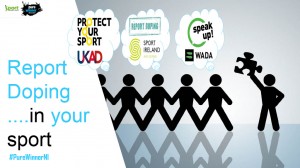
You could have the missing jigsaw piece to complete the puzzle. SportNI encourage anyone with information to help, by reporting via any of the links below.
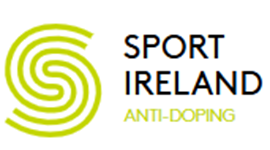
The World Anti-doping Agency (WADA) has developed the WADA Code to regulate Anti-doping and aims to provide consistency for sport organisations. The new 2021 Code works alongside International standards;
The Athletes’ Anti-Doping Rights Act aims to ensure that athletes’ rights are clearly set out, accessible and applied universally.
Check out more information on the WADA, UKAD or Sport Ireland websites.